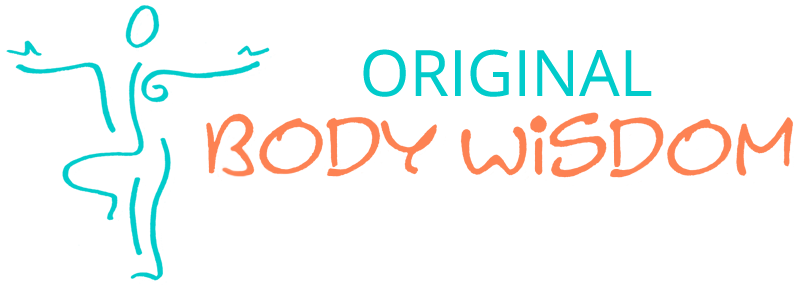Natural Breathing is both an outcome of and a doorway into relaxed curiosity. Since Natural Breathing is the starting and “constant point” of the Body Wisdom experience lets explore it in more detail. Natural breathing differs from deep breathing or breathing exercises because it reveals your breathing rather than trains it. Think of it this way: you could train hard for a marathon but never meet your goals if you have a troublesome movement in your ankle. That movement would have to be addressed for you to really get speed and endurance. Similarly, troublesome movements in your nostrils, lungs, ribs, diaphragm, abdomen, pelvis neck or shoulders prevent you from really breathing freely.
Here are a few things I notice that get in the way of people have natural, effortless and full breath:
Restriction in your ribs, lungs or diaphragm will make deep breathing will feel very effortful. Some people will even feel stressed or light headed by deep breathing. Solution: Understand how to coax movement in places that have been unresponsive to the movement of your breath
Over use of certain muscles in breathing. Often, I see people using the trapezius and scalenes to bring breath into the chest. Although these muscles do play a part in breathing when over used they will make your neck and shoulders very tight. Solution: Learn how to gently inhibit over- enthusiastic muscles.
Underestimating or ignoring the effect breathing has on posture. Most people pull their posture out of alignment to “get” a deep breath and then lose postural support on the exhalation. Solution: Experience how natural breathing works in concert with good posture.
Belief that there is a definitive “good breath”. In truth, our breathing patterns are meant to change with activity, rest, exertion and emotional states. Solution: Discover a spectrum of healthy breathing possibilities.
